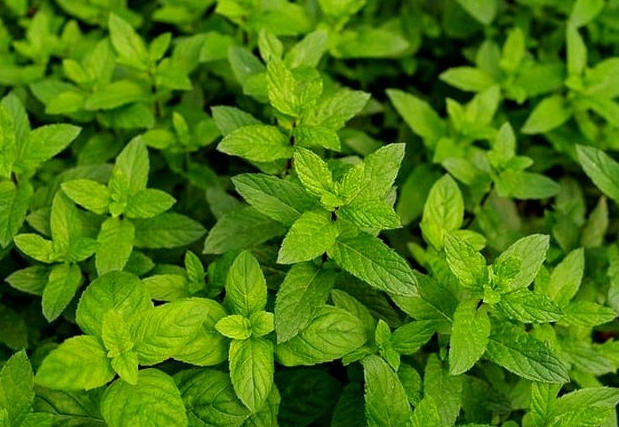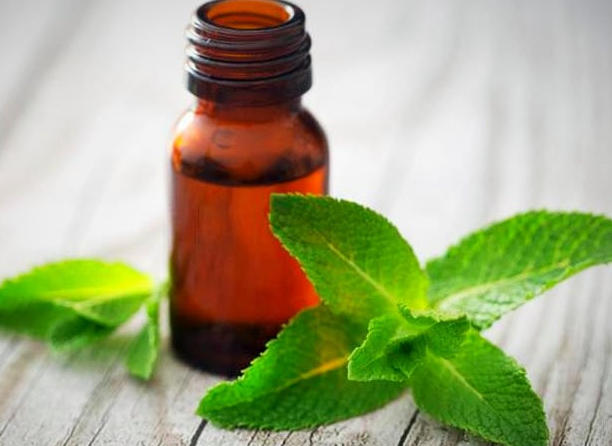Discovering the health benefits of oregano
A mint family plant, oregano contains volatile essential oils or menthol oils, as well as vitamins A, B, C, calcium, tannin and resinous compounds. In moist soils rich in organic matter, such as leaf manure, this plant grows well in the hot season. Another type of this plant is oregano. Wild oregano grows best near springs and melted snow. Early April to mid-May is the best time to pick this type of oregano.
At first, oregano tastes hot, astringent, and bitter, but after a while it creates a cooling sensation in the mouth, and it also has a pleasant and recognizable smell that repels pests and makes the home environment pleasant. Potted plants can be placed on balconies in a pot. Roots can be used to propagate oregano.

Colds, respiratory problems, bladder and liver diseases, flatulence, and stomach pain are traditionally treated with this herb. In addition to causing abortions, it has also been used to initiate menstruation.
The following treatments can be used to treat colds and flu:
Oregano has long been known for its stimulant properties and ability to relieve cold and flu symptoms due to its high menthol content. This herb may strengthen the lungs and respiratory system.
You can relieve stomach pain and digestion problems by:
For generations, it has been used to improve digestive health and treat digestive disorders. Peppermint tea can help with bloating, gas, and stomach pain. Additionally, this plant has antispasmodic properties that reduce stomach pain. Many proponents believe this herb can improve liver function and bile production, aiding digestion when consumed moderately.
Muscle and joint pain relief:
Due to its warming and numbing effects, oregano oil is used in massage to treat muscle and joint pain.
Sedative:
It may have sedative properties. In the past, it was used to treat epilepsy and to calm nerves and improve sleep. For stress and insomnia, there are safer and better natural options.
Menstrual cycle regulation:
There is no doubt that it has anti-inflammatory properties. Women with irregular cycles or women who do not menstruate have used it for years to stimulate menstruation. The use of oregano is not the only alternative to stimulate menstruation, but there are many that are much safer. This is why most experts do not recommend using it for this purpose.
Oregano oil has the following benefits for the skin:
Face wrinkles are prevented by its oil. Massage its oil on the chest to relieve itching and black skin.
The preparation of oregano oil is as follows:
Water can be evaporated by soaking it in liquid oil, then exposing it to sunlight or heating it. Its essential oil will change if you make it in closed containers. After preparing the oil, strain it and apply it to the skin.
The following are some of its health benefits:
Acidification of the stomach is prevented and digestion is improved by it
Anticonvulsant and sedative
Muscle spasms can be relieved by oregano tea
It strengthens the body because of its high vitamin C content
Diarrhea and intestinal diseases are treated
Besides treating genital, urinary, and purulent sore throats, it also acts as an antibiotic due to its antibacterial properties.
Asthma, cold, and flu treatment
Peppermint fumigation for the treatment of infectious sinusitis
It can also be used to remove intestinal worms if eaten with honey.
Traditional uses and benefits of this plant include:
Herbal medicine has been used for centuries.
The secretion of digestive juices relieves flatulence.
Additionally, it strengthens uterine muscles and encourages menstruation. It should not be taken by pregnant women, as it may cause miscarriage.
The herb has antiseptic, antispasmodic, carminative, diuretic, emetic, sedative, and stimulant properties.
In the past, its leaves were used to treat fevers, headaches, respiratory infections, digestive disorders, menstrual disorders, and other minor ailments.
It can sometimes be used to treat intestinal worms.
The plant’s flowers and leaves are harvested and dried for the following season.
It can also be used to treat spasms, epilepsy, flatulence, and stomach problems.
With oregano tea, you can relieve colds, coughs, indigestion, liver problems, and kidney problems.
Additionally, its leaves are used to treat flu, stomach cramps, stimulate sweating, and treat diseases such as smallpox and tuberculosis.

Traditional Indian medicine views coriander as having the following health benefits:
To treat body lice, make a decoction of dried oregano. A decoction of 30 grams per liter of water should be applied to the lice bite area. You should repeat it 2-3 times a day.
Prepare a solution of oregano for chicken pox and syphillis. Three to four tablespoons should be eaten three to four times a day.
Massage your body well with oregano oil to relieve rheumatism.
For a lack of energy, prepare a peppermint tea and drink it regularly for 10 to 15 days.
To treat altitude sickness, prepare a decoction of dried oregano leaves. One cup a day is recommended. At higher altitudes, the amount of oxygen in the air decreases, causing altitude sickness.
For shortness of breath, mix lime leaves with Egyptian hyssop and oregano equally. Drink one cup of this decoction every day.
Oregano can also be used for:
All parts of the plant are used to make soap and to clean fabrics with oregano oil.
Although the plant is somewhat sparse in winter and can be killed by invasive weeds, it has a spreading habit that makes it a good ground cover.
Spread some oregano in the barns to prevent rodents from eating the grains by using these plants as a rodent repellent.
Summer gums are kept healthy by applying a strong solution of oregano to the face.
Preparation of oregano tea:
In a glass of boiling water, add a tablespoon of fresh oregano leaves or flowers, or a teaspoon of dried oregano leaves. The tea takes 10 minutes to brew. Drink the tea after filtering it. You can sweeten your tea if you wish. It is recommended to drink 2 to 3 cups of this tea a day, and the treatment can last for as long as you like.
Oregano tea has the following properties:
Many antibiotics can be replaced with the leaves, flowers, and stems of oregano. There are anti-wind, diuretic, diuretic, and stimulant properties to this plant. Colds, colds, digestive problems, mild fever, headaches, sore throats, menstrual pains, bloating, nausea, and insomnia can be treated with oregano tea.
Oregano precautions:
Pregnant women and nursing mothers should never use oregano. During pregnancy, this plant can cause uterine contractions, increase menstrual flow, and significantly increase the risk of miscarriage.
Excessive consumption of oregano can cause poisoning, increasing headache intensity, blood pressure, and heart rate.
You should avoid using this plant if you suffer from seizures or epilepsy, or if you have liver or kidney disease.
Consumption of oregano may cause stomach cramps, fever, nausea, vomiting, confusion, delirium, and auditory and visual hallucinations.
As well as affecting the nervous system, it may damage the brain.
Oregano should not be consumed by nursing mothers since it may mix with breast milk and cause complications for the newborn.
There are many severe side effects associated with oregano essential oil. The symptoms include abdominal pain, nausea, vomiting, swallowing problems, fever, chills, muscle spasms, organ failure, an increased heart rate, irregular changes in blood pressure, and a coma.
The consumption of large amounts of oregano may cause multiple organ failure, which can cause death.
People with kidney or liver disease should never consume oregano. The plant may irritate the organs and worsen the disease.


